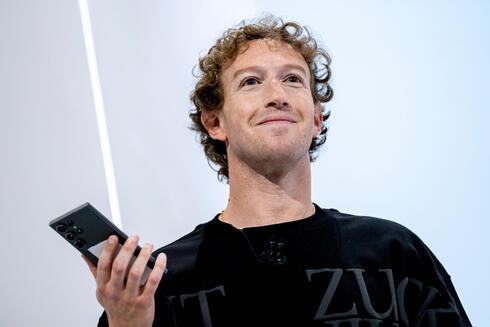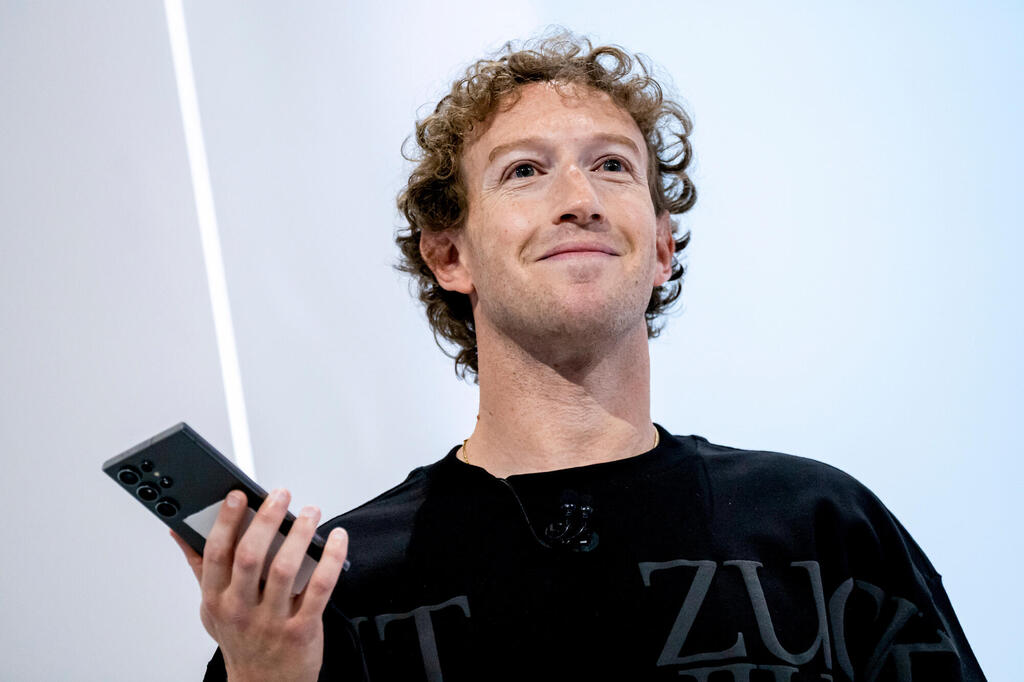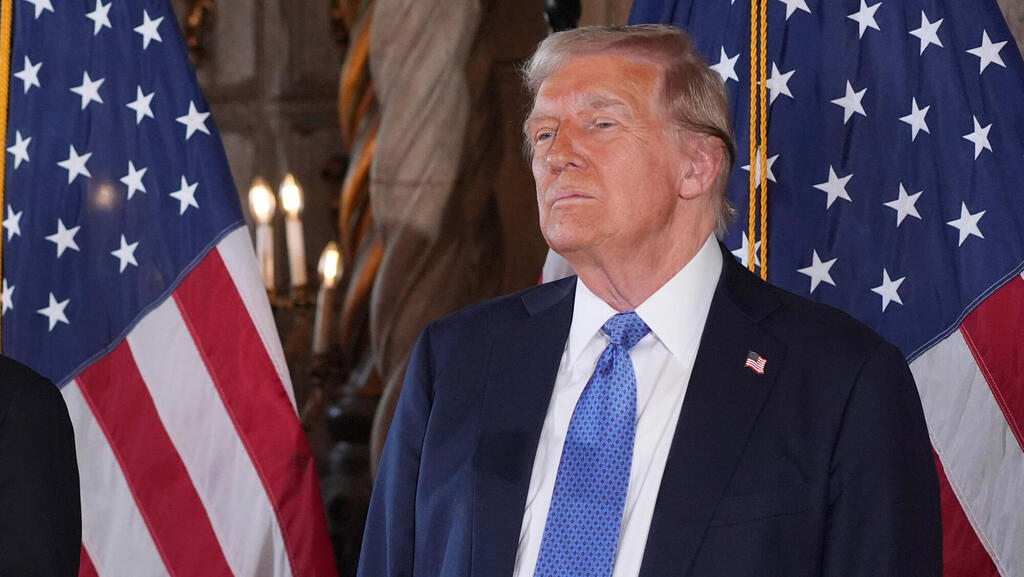
Meta’s right turn: Zuckerberg courts Trump and shifts priorities
As TikTok rises and regulations tighten, Meta aligns with the new political establishment.
Last summer, long before almost anyone else, Meta founder and CEO Mark Zuckerberg seemed to understand which way the wind was blowing. After the first assassination attempt on Donald Trump on July 13, Zuckerberg issued a spectacularly flattering statement in response to a photo of Trump waving a fist in the air, blood dripping from his face. This is "one of the most badass things I’ve ever seen in my life," he said. "At some level as an American, it’s hard to not get kind of emotional about that spirit and that fight." In a personal, obsequious conversation with Trump, Zuckerberg reportedly said he could not support a Democratic candidate in the upcoming election.
After Trump's victory in November, Zuckerberg was one of the first to congratulate him. A few weeks later, he met with Trump for dinner at his Mar-a-Lago estate, where he presented him with a prototype of Orion, the innovative AR glasses being developed by Meta. Along the way, Zuckerberg also contributed $1 million to Trump's inauguration fund. For those who still harbored doubts, it should have been clear even then: Meta and Zuckerberg, who for years were identified with the liberal side of the political spectrum (the company's longtime COO until two years ago, Sheryl Sandberg, served in key roles in the Clinton administration), were undergoing an accelerated process of realignment with the political establishment and cultural zeitgeist for the next four years—at least.
Last week, it was time for action. Since the Russian meddling in the 2016 election, Meta had developed policies and mechanisms designed to identify and limit fake news, foreign interference, incitement to violence, racism, and hate speech. The system was far from perfect but managed to moderate divisive and destructive discourse on Meta’s platforms and keep the most extremist expressions and elements off the network. This system was frequently criticized by both the left (for not being effective enough) and the right (for allegedly censoring conservative voices).
In a video Zuckerberg uploaded to Facebook last week, he effectively announced the end of an era, signaling a rebuilding of Meta’s content moderation policies to mirror those implemented by Elon Musk at X (formerly Twitter), a major Trump supporter. Goodbye to fact-checkers, the use of AI to automatically filter content, and banning offensive remarks against protected groups. Hello to community comments, manual takedowns in response to user reports, and allowing offensive rhetoric, such as calling LGBTQ+ individuals mentally ill or referring to women as "household objects."
Along the way, Zuckerberg also admitted—after years of denials—that allegations made against the company by both the left and the right were valid. Now, he is using these criticisms as a justification for Meta’s sharp pivot. He also embraced one of Trump’s key propaganda lines, stating that Meta would work with his administration to "to push back on governments around the world that are going after American companies and pushing to censor more." This statement was a clear shot at the European Union’s evolving tech regulations, which aim to protect users and loosen the stranglehold of tech giants on market competition.
Internally, Zuckerberg is also reshaping Meta’s policies, eliminating the company’s diversity and inclusion program. The requirements to interview candidates from underrepresented sectors for open positions or prioritize suppliers with diverse ownership have been scrapped. As part of these changes, Maxine Williams, Meta’s Chief Diversity Officer, will be reassigned to another role.
But is this really a revolution? Silicon Valley has long been portrayed as a bastion of liberalism and progressivism, a place of equality and inclusion. However, this image was always more about optics. Companies like Meta and others in the tech sector embraced this perception as long as it served their interests: helping them recruit talent, maintain government goodwill, and curry favor with the elite. Their stance was utilitarian rather than ideological—superficial gestures of progressivism masking a culture often steeped in misogyny and discrimination.
Now, with Trump’s second term looming, Silicon Valley’s utilitarian pivot is aligning with the incoming administration, whose favor they need. During Trump’s first term, frequent clashes between tech giants and the administration proved fruitless, yielding no rewards. This time, companies like Meta are positioning themselves to benefit from government support.
Meta’s dominance in the social media market is far less secure than it was eight years ago—or even four years ago—with TikTok posing a growing threat. The U.S. Supreme Court appears unlikely to block legislation that could result in TikTok’s ban, giving the next president significant control over whether to enforce such a ban or grant the app a reprieve. Zuckerberg seems intent on securing Trump’s favor to ensure any decision benefits Meta.
Moreover, Meta and Trump share common ground on issues like curbing European Union regulations that primarily target American tech giants. Trump seeks to assert American dominance over global regulatory efforts, while Zuckerberg wants to minimize external oversight of Meta’s operations.
Zuckerberg may be the most prominent example of this shift, but he is far from alone. Jeff Bezos, once one of Trump’s fiercest critics, is now extending olive branches, including meeting with Trump, donating to his causes, and suppressing criticism of the president in The Washington Post. Amazon has also paused some of its diversity and inclusion initiatives.
This shift should come as no surprise. Tech giants are, at their core, massive corporations driven by profit. The resistance to Trump seen during his first term—when employees and companies rallied against some of his administration’s most egregious policies—is unlikely to resurface. Instead, the tech sector seems poised to cooperate with, and even actively support, the administration in the years ahead.















